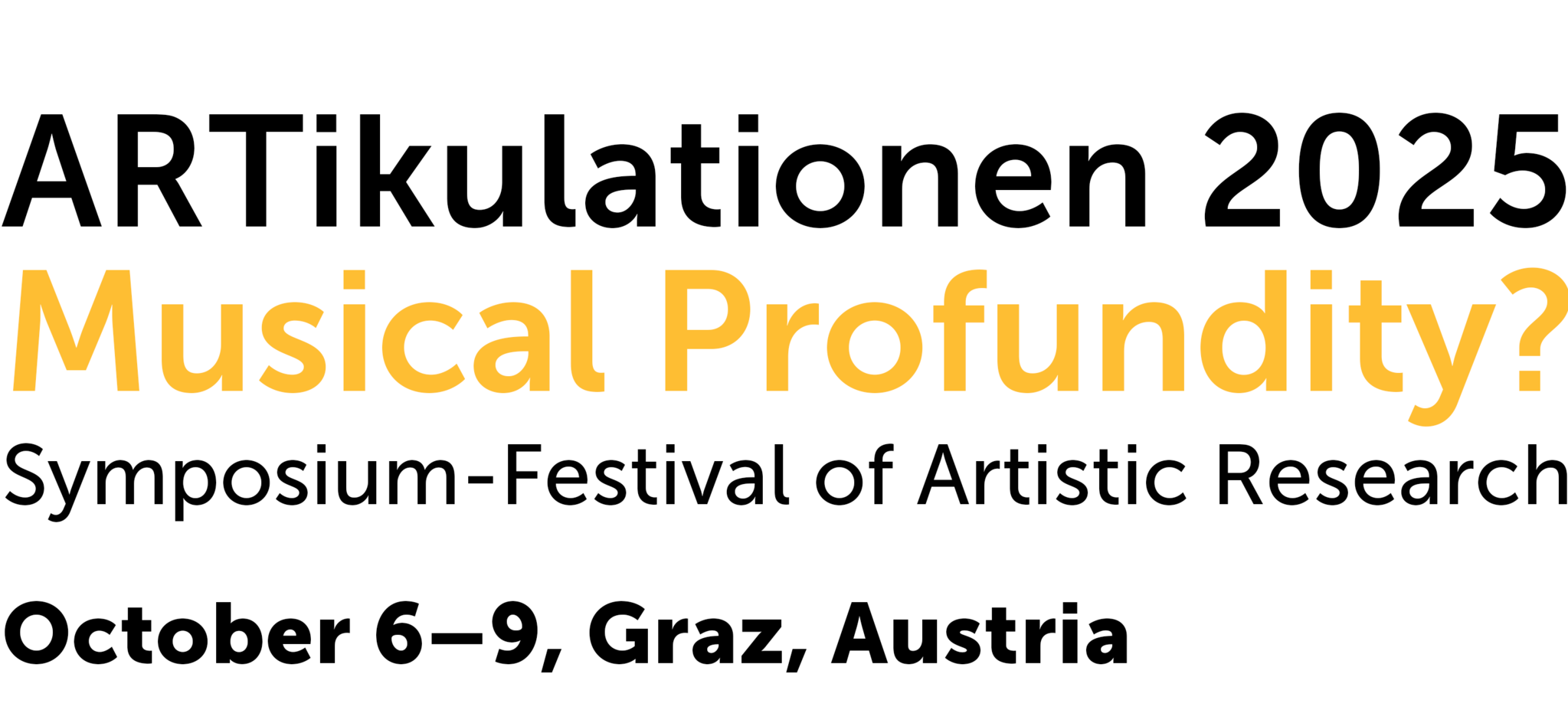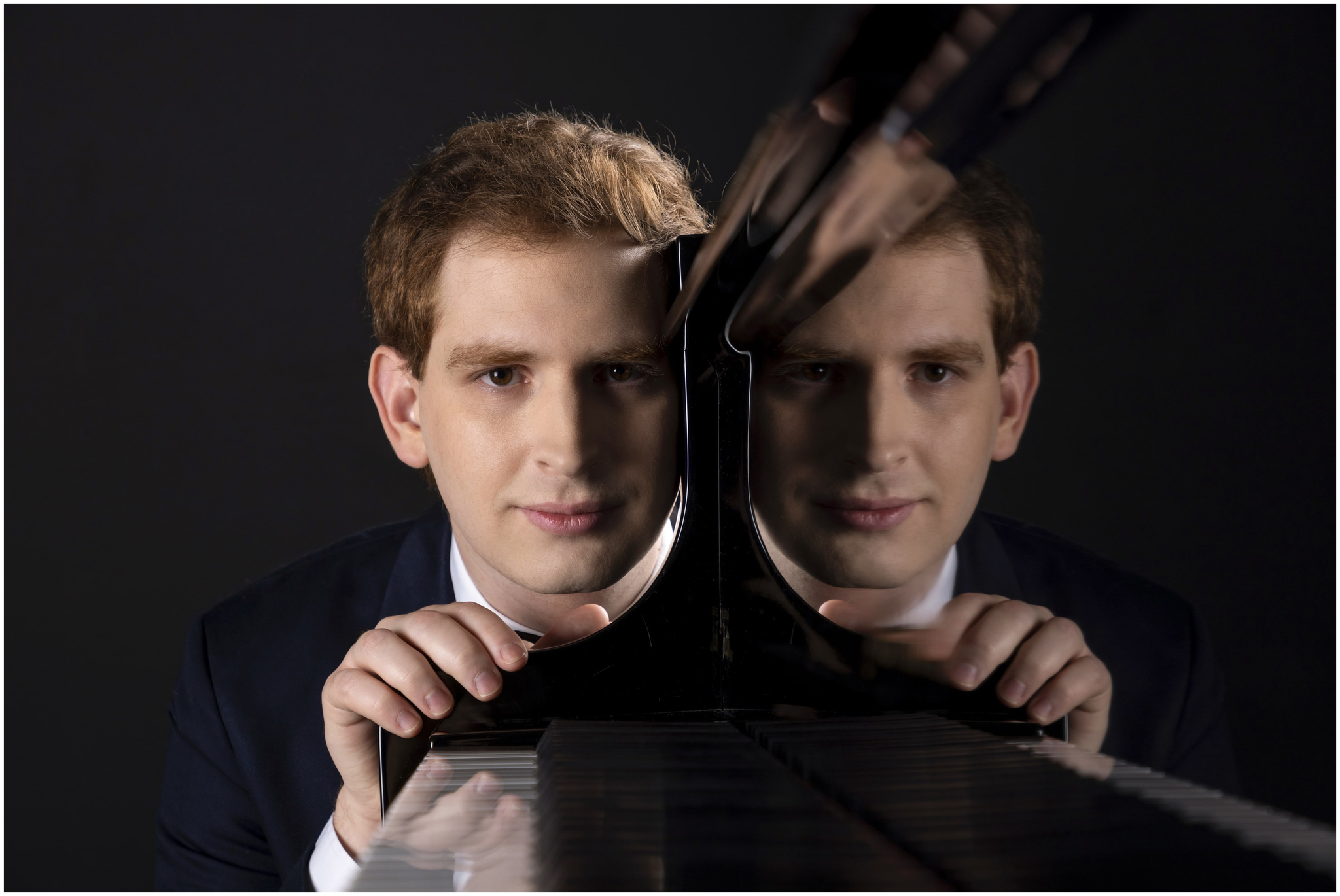In (Re-)Search of Chopin: An Artistic Research Inquiry into Frédéric Chopin’s School of Piano Playing
For centuries, generations of pianists, composers, and piano manufacturers have expanded the boundaries of human ability and instrumental design, gradually shaping the piano and its performance into what we experience in today’s concert halls. Throughout this aesthetic and technological evolution—and as pianism and pedagogy have adapted—valuable knowledge of earlier traditions and schools of piano playing has been lost or simply declared outdated. In this context, two facets of the three-dimensional musical identity of Frédéric Chopin—who, besides being a composer, was also regarded as one of his generation’s greatest pianists and pedagogues—have gradually faded from the broader discourse on his creative legacy, ultimately becoming a niche branch of academic research. While his compositions remain at the center of the pianistic canon, many performing pianists are unaware of the specificity, delicacy, and fineness of his piano playing and aesthetic ideals, and their teachers and professors often overlook his well-documented pedagogical work. As a performing pianist specializing in Chopin’s repertoire, I ask: How can I use my own artistic practice to deepen our understanding of Chopin’s piano playing? Can we, in turn, enrich our artistic practice by expanding our knowledge of how Chopin himself played? And how might engaging with Chopin’s pianistic school help us better grasp his aesthetic ideals, and vice versa?
In my artistic research project, I used my artistic practice to explore the practical implications of existing theoretical research on Chopin’s pianism—including original writings by Chopin, his pupils, and his listeners—and then reversed this process by employing my artistic practice as a reflexive tool to generate new insights into Chopin’s pianism and aesthetic ideals. Effortlessness, naturalness, and intimate sound production are concepts that I have identified as core principles in Chopin’s school of piano playing. From scholarly inquiry and artistic exploration of these principles, I have drawn specific insights into Chopin’s physical approach to the instrument and his body language when playing—including hand posture and use of the forearm, wrist, and fingers—allowing me to deepen my understanding of how to interpret Chopin and his aesthetic values. By slowly implementing these findings in my own artistic practice and integrating them into my pedagogical work, I have set the stage for further exploration and dissemination of Chopin’s forgotten school of piano playing.
Almog Segal
Piano
Pianist Almog Segal regularly performs in recitals and festivals around the globe. He was awarded first prizes in every national piano competition in Israel and in international competitions as well, and has performed with leading orchestras, such as the Royal Philharmonic Orchestra and the Israel Philharmonic Orchestra. He has recorded for the Israeli Public Broadcasting Corporation (“The Voice of Music”), for the Radio Television Hong-Kong, and the renowned label “Naxos”.
Almog has appeared as a soloist with the Israel Philharmonic Orchestra, The Royal Philharmonic Orchestra (United Kingdom), Aachen Sinfoniker (Germany), Kyiv Virtuosi Orchestra (Ukraine), Girardi Chamber Orchestra Graz (Austria), the Hong-Kong Academy Chamber Orchestra (Hong-Kong), Royal College of Music Prince Consort Orchestra (United Kingdom), Israel Symphony Orchestra, Israel Chamber Orchestra, Jerusalem Symphony Orchestra, Israel Netanya-Kibutz Orchestra, Raanana Symphonette Orchestra, Ashdod Symphony Orchestra, Haifa Symphony Orchestra and Tel-Aviv Soloists Orchestra and more.
Some of the festivals in which Almog has appeared include “Aspen Music Festival”, “Miami International Piano Festival Academy”, “PYPA”, “Apple-Hill Festival” (USA), Gulangyu Israeli Musicians Week” (China), “Gabala International Music Festival” (Azerbaijan), “Orpheo” (Netherlands), “Musicfest Perugia” (Italy), “Israel Festival”, “Felicja Blumental International Music Festival” (Israel), “Musica Mundi” (Belgium), “Liszt Biennale” (Germany), and many more in the United Kingdom, France, Austria, Italy, Ukraine, Latvia, Estonia, Hong-Kong etc.
Segal has won the first prize and Audience Favorite prize at the International MozARTe Competition in Aachen, as well as first prize in all Israeli national competitions: Aviv Competitions (2020), M. Clairmont Competition (2018), Voice of Music (2018), Piano Forever Competition (2016 and 2012), Pnina Salzman Competition (2015), Israel Chopin Piano Competition (2011) and more. He was also a semi-finalist at the prestigious 2022 Hastings International Piano Competition.
In 2015, he joined the highly acclaimed ensemble “Multipiano”, which gives regular concerts in four continents. Together, they released their latest CD on “Naxos” with the Royal Philharmonic Orchestra in November 2022.
He has participated in masterclasses with renowned musicians such as Murray Perahia, Yuja Wang and Christoph Eschenbach, among others.
Almog started playing the piano at the age of 11 with Luisa Yoffe. He received his Bachelor degree at the Buchmann-Mehta School of Music under the guidance of professor Tomer Lev and his Master degree under the instructions of professor Balázs Szokolay at the Hochschule für Musik Franz Liszt, Weimar. Currently, he is a doctoral student at Kunstuniversität Graz, where he works under the scholar supervision of professor Andreas Dorschel and the artistic supervision of professor Milana Chernyavska.

